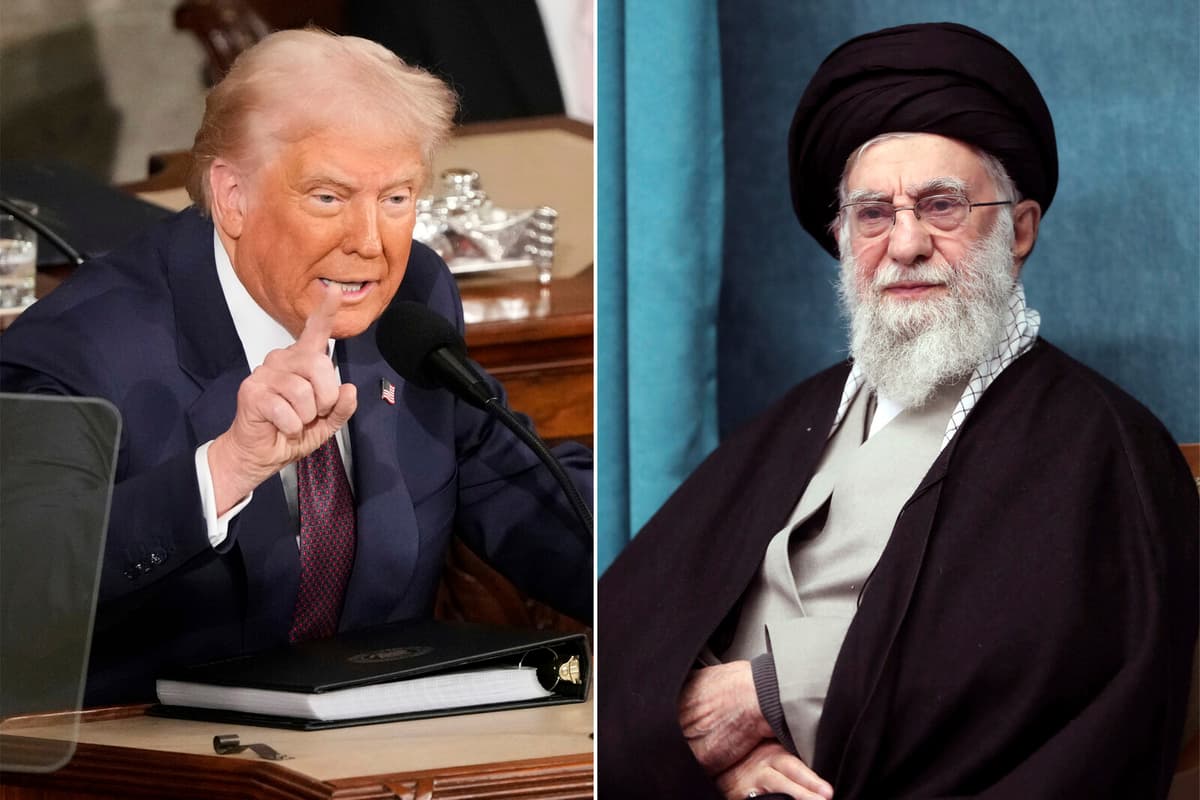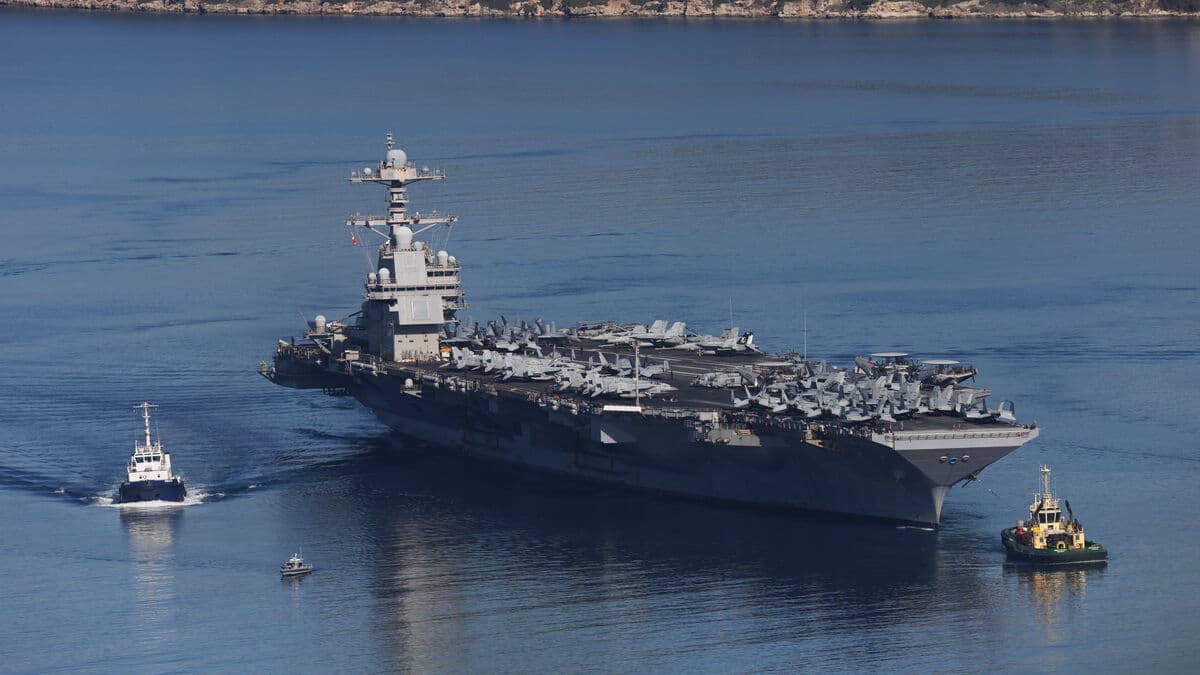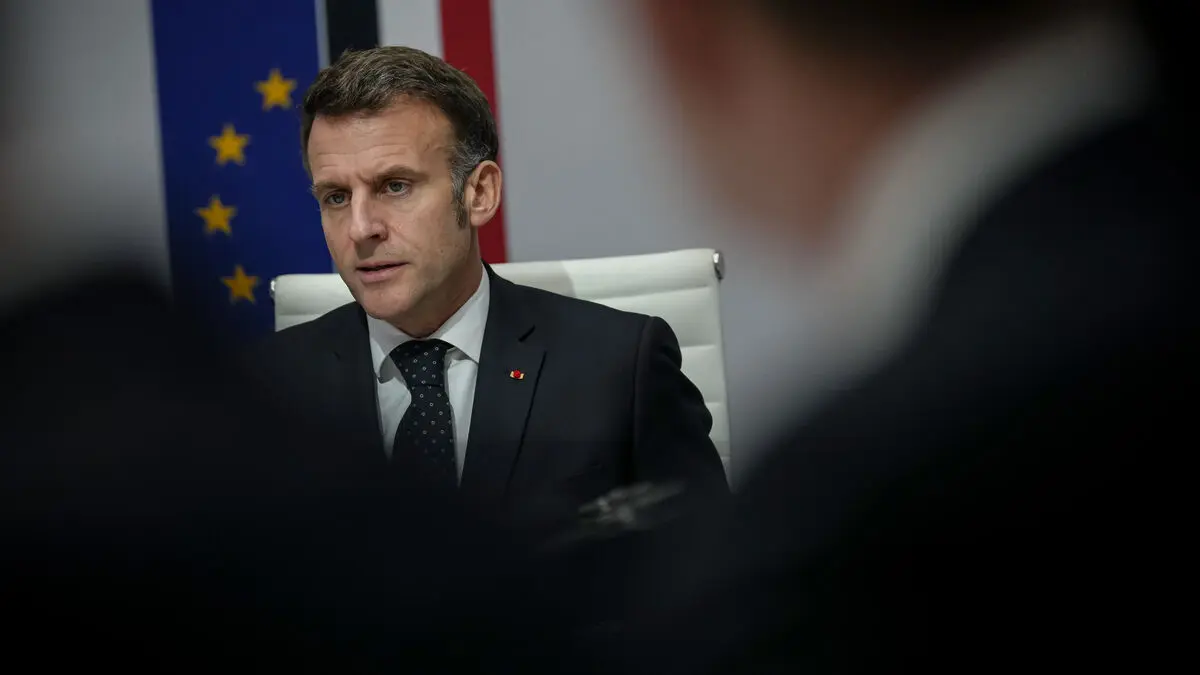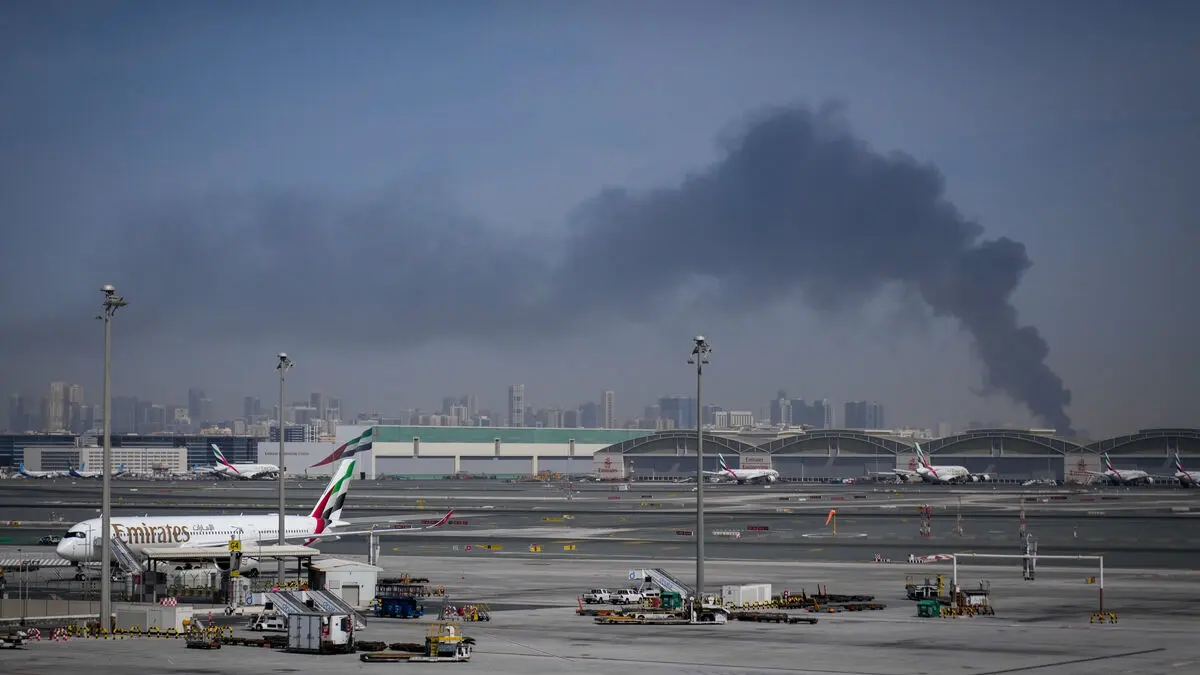The situation has shifted quickly for the US administration. Israel's large-scale attack on Iran occurred when the Americans had been in negotiations with Tehran about a new nuclear energy agreement for several weeks.
President Donald Trump had, according to consistent media reports, resisted Israeli pressure for an attack on Iran for several months. When the attack occurred, Trump said the US had nothing to do with it. A few days later, the tone has shifted.
The US president is now facing a choice.
.
The diplomatic path
The talks between the US and Iran were to continue on Sunday, but they had to be canceled due to the attacks.
When the talks began in the spring, the US was said to be open to allowing Iran to continue enriching uranium to a low degree and in small quantities, for civilian purposes. The talks were described in positive terms.
Hardline Republicans in the US, and the Israeli government, have been pushing hard for the enrichment to be stopped completely. For Iran, it has not been negotiable, but at the beginning of June, Trump shifted and demanded "zero enrichment".
Organizations that work for disarmament have questioned Trump's new zero-tolerance policy. It is seen as counterproductive if one wants to reach an agreement, as they see that the overall goal - to prevent Iran from getting nuclear weapons - can still be achieved.
Trump has in other contexts shown a tactic that involves twisting the arm of the counterpart with sky-high demands and maximum pressure, often with capital letters via social media.
Iran is said to be willing to return to the negotiating table, but outwardly, the country demands a ceasefire first. Trump's envoy Steven Witkoff is reportedly on standby for new meetings with short notice.
.
The military path
"We" control the airspace above Tehran, Trump announced after a few days of escalation. Even if the US has not intervened, the president has threatened Iran with "even more brutal" Israeli attacks. He demands that the Iranian regime surrender unconditionally, with hints that the US could easily kill Ayatollah Ali Khamenei.
The US has placed strategic bombers in the Indian Ocean during the spring and now a aircraft carrier and more planes have been sent to the Middle East. Iran has warned that American attacks would be met with retaliation. A small spark is feared to be able to ignite a devastating large-scale war, with a risk that more parties will be drawn in.
Trump has long been clear that the US should not get involved in new "eternal wars" - which many supporters at home loudly remind him of. The president has wanted to present himself as a peacemaker with promises to quickly end large-scale wars.
At the same time, Israel needs advanced American bombers to be able to completely strike out Iran's nuclear energy bases. But the Israeli government has also raised the bar for warfare, attacked more targets than just military ones, and talked about regime change as a conclusion.
With a military threat, the US could try to force Iran to make concessions. Sources around Donald Trump tell ABC News that the president does not want to end up in a situation where it appears that he is "crying wolf" with his threats.






